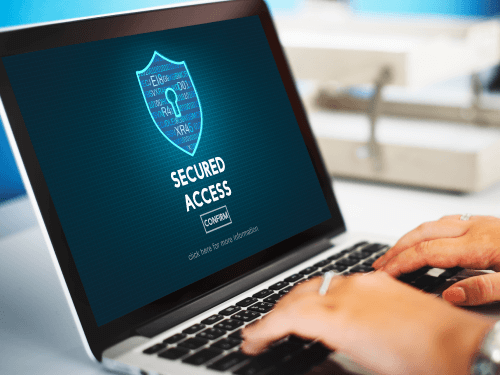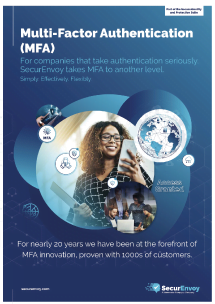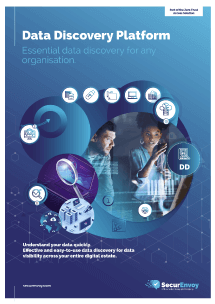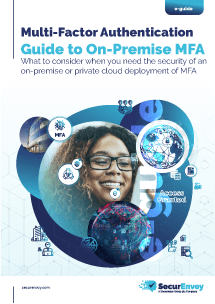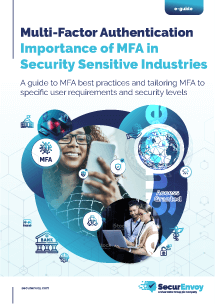
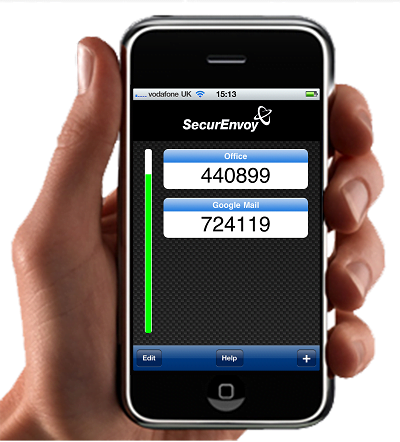
Could you live without your cellphone?
“It’s funny, I’ve lost my keys, my wallet and just about everything else — but never my iPhone. The way I keep it with me, I don’t know if that’s even really possible,” said a student interviewed.
Addressing the question – how secure is my mobile? SecurEnvoy set out to find if people protect the mobile phone as much as they ought or was the mobile like a token; something that you had to find when you need it next?
US television and news reels have been hot on this topic since releasing the story and everyday companies like CBS, Fox News and ABC continue to find more interest in our survey and report!
According to a recent survey, 66 percent of people suffer from nomophobia, the fear of being without your mobile phone.
The phobia appears to be on the rise, up 13 percent from four years ago, the last time data was collected. according to SecurEnvoy, a mobile phone technology company. Those ages 18-24 are considered to be most nomophobic at 77 percent.
The study by SecurEnvoy also found that 75 percent of people use their phone in the bathroom!
“I not only go to the bathroom and shower with my phone, I check it every few minutes while showering, temporarily drying my hands off with a towel to check — I don’t want to miss anything,” an interviewee said. “If I hear the sound of a notification, or if I feel that vibration in my pocket, I am extremely uneasy until I check to see what it is.”
Society is connected like never before with instant access to friends, family and information. With so much personal information that users are able to have on their phones, from schedules and reminders to pictures and apps that are an asset to daily life, phones have become an extension of ourselves — like another arm or leg.
Michael Hanley, associate professor of journalism at Ball State University, has been tracking college student cellphone use since 2004. “The cellphone, because it is mobile, has become such a personal device that people are able to take it with them wherever they are — they have 24-hour access. It gives teenagers the growing up need that they have and that primary need is to socialize, join in and to be liked,” he said.
Hanley also notes that the addiction society, specifically teens, have with their phones has lead to major issues within the education system. “We can give teens the technology, but it doesn’t mean they are learning more, just getting information faster.”
He sees this as a growing issue. “It is a big topic that is getting bigger. The 18-24 segment is the guinea pig for how mobile will become a part of our lives in the next 4-5 years. Society will be focused about mobile devices. … It will happen whether society wants it to or not.
More: http://www.jconline.com/apps/pbcs.dll/article?AID=2012305210006&nclick_check=1
Published: 23 May 2012
Category: Industry News
![]()
Multi-Factor
Authentication
(MFA)
Any user. Any device.
Anywhere.
For companies that take authentication seriously.
Learn more about SecurEnvoy MFA
Hear more from
our security
experts
What to read next...

